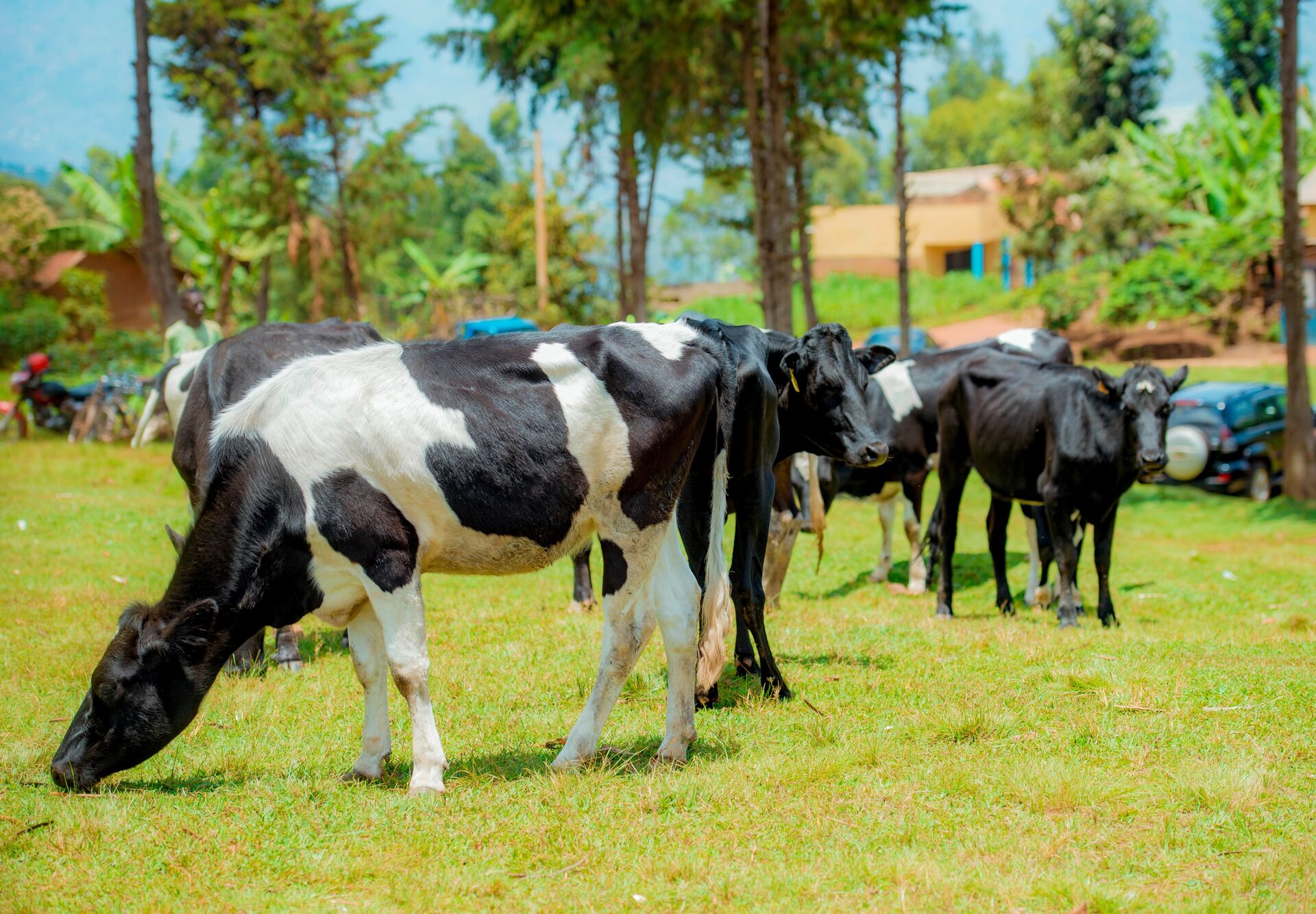Project Greengo - Rwanda
Supporting the development of a cooperative through the purchase of coffee
When
Project started in January 2022
Where
Gakenke, Rwanda
Who
Dukundekawa Cooperative
Presentation of the project
What is the context?
Our Greengo coffee comes from the Gakenke region in northern Rwanda. It is produced by the Dukundekawa cooperative, where diversifying producers' incomes is a very important issue.
What does the project involve?
In addition to coffee production, the cooperative aims to diversify producers' incomes, so that each of them can continue to earn a living outside harvest periods.
The cooperative is also taking practical steps to enable young people to enter the coffee business through apprenticeships.
The cooperative also encourages the planting of shade trees. Each coffee plant taken from the cooperative is accompanied by the planting of a shade tree, with the idea of reforesting the farms of cooperative members.
Musasa Diary Milk, an example of income diversification
For every kilo of coffee purchased by Belco, $0.20 is set aside to buy cows. Ten cows have been purchased since 2021 thanks to this system. It can be supplemented by the direct purchase of cows by roasters who want to support Dukundekawa.
The cooperative then buys the milk from the producers, creating new income within its own community. The cooperative uses the milk to produce yoghurts, which it then resells. A true example of the income diversification!
Musasa Coffee School, training young people in the coffee industry
Most of the cooperative's members are over 60. In this context, it is impossible to believe in sustainability without involving young people. That's why the Musasa Coffee School was created. Every young person in the cooperative can learn how to run a farm or become a barista.
The aim? To make coffee a real lever for economic development in the Dukundekawa community.
Complete documentation
Page in PDF and QRCode in all languages
Discover the coffee linked to this project
Results
$0,20
The amount set aside by the cooperative for each kilo of coffee purchased to provide cows for the cooperative's women producers.
14
The number of cows purchased by the cooperative in 2022 and 2023.
20
The number of graduates from Musasa Coffee School in 2023. 14 of whom are now working in the coffee industry.

